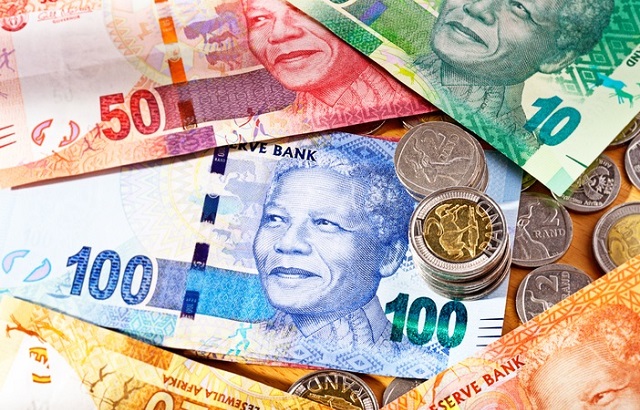Sitting at the South African dinner table there is no shortage of topics to discuss, as the conversation winds like a poisonous snake between the electricity crisis, rand devaluation, elections and the sharp rise in the cost of living, writes Craig Featherby, group chief executive of Carrick Wealth.
Even corruption, unemployment and crime seem to have taken a back seat and wait in anticipation to re-join the fray. And to add insult to injury we now have a new topic to discuss around whether we supplied Russia with weapons and whether the US will apply sanctions against South Africa.
This all culminates in a climate of uncertainty, anxiety and depression with a lot of South Africans not quite sure what to do. It is in times like these that a financial adviser can really step up and help clients to remain calm and focus on actions that are in their power. Human nature is to do nothing in times of crises – the reality is that certain actions can, and should, be taken.
At a bare minimum, advisers should be actively engaging with their clients. Communication is key and a simple conversation can go a long way in reassuring clients that they have someone on their side. Updating a client’s financial plan is recommended.
This often leads to reworking a monthly expense budget and cutting back on certain items, but at least there is a plan and clients can see that it is still possible to remain on track with their retirement planning. Any action, even if small, has a big psychological effect and can create a more positive attitude which leads to an increase in energy and more output from daily jobs and life in general.
For the higher net worth clients, the questions asked are often around the timing of externalising Rand into foreign currency. Historically this was done to hedge against Rand devaluation and to access a broader investment set, with asset protection against creditors and governments taking a third spot. That has however changed over the last 12 months with political risk leapfrogging the former two.
When this happens some irrational and panicked decisions are often made, leading to investment mistakes. A good adviser should always ensure a client is making decisions in a calm and well thought out manner.
This could for instance lead to a plan whereby a client takes immediate action by externalising an agreed smaller amount to cover certain foreign denominated expenses such as kids studying abroad, future travel plans, adding to existing offshore investments or starting an offshore investment journey.
These investments can then be made on a regular basis to take account of Dollar cost averaging as the Rand is a very volatile currency and does go through periods of strength as well as weakness.
For clients already in the market, JSE-listed Rand hedge stocks should do well in this environment. If clients already have offshore investments, they will certainly be drawing comfort from the weakening Rand. On a positive note, investors can now earn a good yield from hard currency, fixed income investments – no longer are global equities the only choice.
There are also some good international unlisted investments and property investments but investors need to take caution from a liquidity and a diligence perspective – two areas that a good financial adviser should be able to assist with.
Advisers should also be guiding clients as to best hold offshore assets from an asset protection, tax efficiency and succession planning perspective. There are a number of options available, and an independent adviser has the ability to put all of them on the table.
We advise investors to maintain a calm stance during these uncertain times, diversify, and maintain exposure to long-term themes. Investors need to look beyond near-term news and gain exposure to industries, geographies, asset classes and currencies benefitting from longer-term growth trends. A good financial planner can add significant value in these uncertain times.
This article was written for International Adviser by Craig Featherby, group chief executive of Carrick Wealth.








